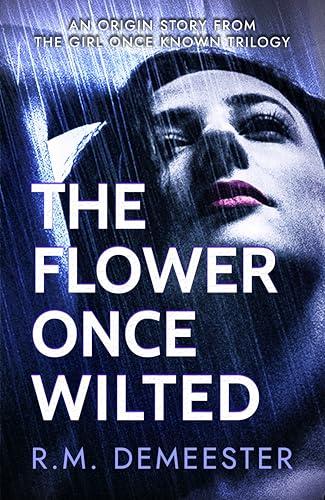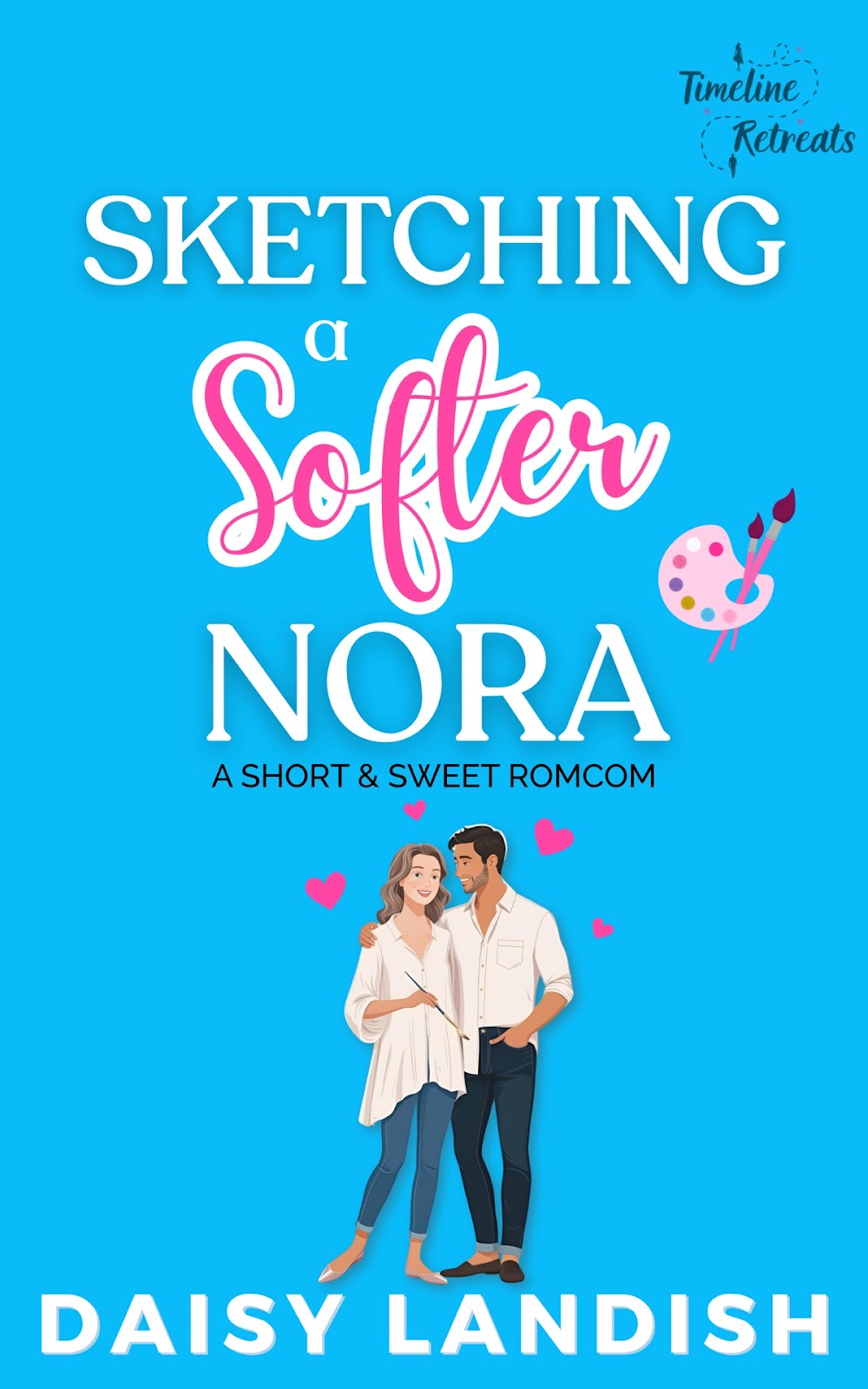Eric Bronson: I've always felt most connected to rhythms in language. My mother used to read me poetry before sleep. Rather than put me to sleep, Romantic poets like Henry Longfellow awoke my imagination with their stories and especially their musical language. The first time I was read The Wreck of the Hesperus ("Lashed to the helm, all stiff and stark,/ With his face turned to the skies,/ The lantern gleamed through the gleaming snow/ On his fixed and glassy eyes."), I knew I would always live with words.
The Avid Reader: When or at what age did you know you wanted to be a writer?
Eric Bronson: Probably in 2nd grade. That's when I first experienced its practical benefits. A friend and I were allowed to leave class to write detective stories in our school's learning center. I learned then that you didn't have to do what others were doing if you could write. Ten years earlier, Charles Bukowski was amazed that writing could save him from a repetitive job at the post office. I get that.
The Avid Reader: What is the earliest age you remember reading your first book?
Eric Bronson: I don't remember the age, but I remember the colors. I remember going to the library and the excitement of picking out books. Yellow books mostly. The hardcover Curious George books were lovely. Later I discovered the blue hardcover Hardy Boys books. To this day, I always judge a book by its cover and its color.
The Avid Reader: What genre of books do you enjoy reading?
Eric Bronson: I'm not bound to any one particular genre. But I generally go for characters that struggle in both worlds: the everyday, ordinary kind of madness and the more eternal pursuit for something more - more lasting, more meaningful, more kind. Right now I'm very much enjoying Proust, how the smallest toy sold at a carnival can set him swirling into slow transcendence. I'm also really getting into Warren Ellis and Darick Robertson's comic book, Transmetropolitan. Even the protagonist's name, Spider Jerusalem, speaks well of both worlds.
The Avid Reader: What is your favorite book?
Eric Bronson: Probably Graham Greene's The Power and the Glory. A "whiskey priest" on the run in search of a kind of grace. "Our sins have so much beauty," he says.
The Avid Reader: You know I think we all have a favorite author. Who is your favorite author and why?
Eric Bronson: Willa Cather and Joseph Conrad. Cather for the dignity and the darkness in her characters. Conrad for the crazy desperate language, the relentless search for a moral code amidst a never relenting storm and sea.
The Avid Reader: If you could travel back in time here on earth to any place or time. Where would you go and why?
Eric Bronson: I'd go to Chestnut Valley in St. Louis in the early 1900s. Specifically, Babe's brothel. Bad whiskey at the bar. Fat Mama Lou on the stage, singing her filthy late-night stories. I'm over in the corner at the piano. There's ragtime in the air and a cigarette in my mouth.
The Avid Reader: When writing a book do you find that writing comes easy for you or is it a difficult task?
Eric Bronson: It's not that hard when I'm writing. The hard part is getting there. You have to shut the door to the outside world if you really want to get inside it. But the music of modernity is so seductive. It's too hard to keep it out. And with two small kids, a working wife, and a daddy daycare, all flights of fancy must be routinely scheduled and are regularly grounded.
The Avid Reader: Do you have any little fuzzy friends? Like a dog or a cat? Or any pets?
Eric Bronson: None inside the house. In the forests outside my house in rural Ontario, the cayotes keep me company late at night. They're not friends exactly. Smaller, fuzzier things constantly try to eat their way into my house. But they're not friends exactly either.
The Avid Reader: What is your "to die for", favorite food/foods to eat?
Chewy, slurpy things. Like seafood gumbo, noodles, or cartilage. My eating habits are more hyena than human.
The Avid Reader: Do you have any advice for anyone that would like to be an author?
Eric Bronson: I'm not a big fan of "being" anything. Instead of wanting to be an author, try wanting to write a story. It's a lot easier. So many people who want to be writers spend too much time sharpening their pencils, buying expensive software, or going on benders a la Hemingway or Fitzgerald. Write stories instead. And when you don't feel like writing, go create your own stories. I've never been a believer in writing all the time. Language needs life, air, and chance encounters. That's the good news.












%20by%20Willow%20Thorne.jpg)































3 comments:
This book sounds really good! I also love those book thongs!
Julie with The Pitt Crew- done
I love it! Thanks for sharing with us!
What a great website! Thanks for getting the stories behind so many stories out in the world.
Post a Comment